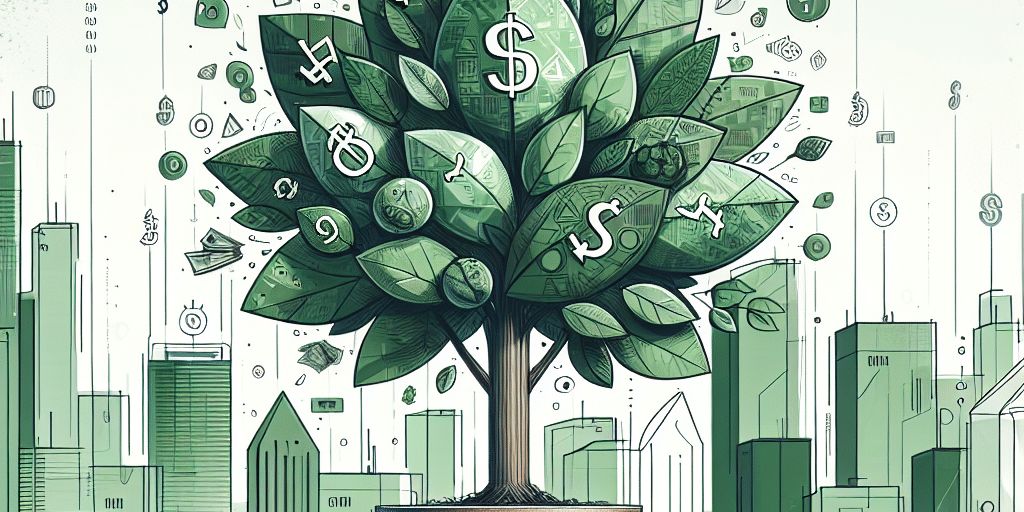As the global consciousness shifts towards climate change and environmental sustainability, family offices are increasingly recognizing the dual imperative of profitability and responsibility. The future is indeed green, and for family offices—private wealth management advisory firms that serve high-net-worth individuals and their families—sustainable investments present both a moral obligation and a lucrative opportunity.
Understanding Sustainable Investments
Sustainable investing encompasses a broad range of strategies that consider environmental, social, and governance (ESG) factors alongside traditional financial analysis. This approach aims not only to achieve favorable financial returns but also to contribute positively to society and the environment. The sustainable investment landscape includes renewable energy, sustainable agriculture, green real estate, and impact investing, where the focus is on generating measurable social and environmental impact alongside financial returns.
The Economic Case for Going Green
Recent studies have demonstrated that companies committing to sustainable practices often outperform their peers. A 2020 report by Morgan Stanley revealed that sustainable equity funds outperformed traditional funds by 2.3% in both the equity market downturn and recovery phases during the COVID-19 pandemic. As investor sentiment increasingly favors companies that prioritize sustainability, family offices have a compelling case to reallocate their portfolios toward green investments.
1. Rising Demand for Sustainable Products
Consumer awareness and demand for sustainable products and services are accelerating. This shift is not limited to environmentally conscious millennials; it has permeated demographics across the spectrum. Companies focused on sustainability can gain significant market share, boost their brand loyalty, and ultimately enhance profitability. Family offices can capitalize on this trend by investing in companies developing sustainable technologies, such as electric vehicles, renewable energy solutions, and biodegradable materials.
2. Regulatory and Policy Support
Governments worldwide are enforcing stricter regulations on carbon emissions and promoting sustainability through various incentives. Family offices can benefit from investing in businesses that align themselves with regulatory trends. For instance, investments in renewable energy projects may qualify for tax credits, grants, or other forms of government support that enhance ROI.
3. Risk Mitigation
Investing with a focus on sustainability helps family offices mitigate risks associated with climate change, resource scarcity, and social unrest. Companies that do not prioritize ESG factors face reputational damage, regulatory fines, and potential market value erosion. By integrating ESG considerations into their investment decisions, family offices can safeguard their wealth against these systemic risks.
4. Access to Innovative Startups
The sustainable investment landscape is distinguished by a wave of innovative startups that are addressing pressing global challenges. Family offices, often equipped with flexible capital and a long-term investment horizon, are in a unique position to capitalize on the growth potential of these early-stage companies. From clean tech to sustainable agriculture, the next generation of disruptors is paving the way for a more sustainable future, and savvy investors stand to benefit significantly.
Structuring Sustainable Investments
To effectively harness the potential of sustainable investing, family offices should consider the following strategies:
1. Establishing an ESG Policy
Creating a clear, formal ESG investment strategy is crucial. Define specific investment criteria, set measurable targets, and determine how to evaluate and monitor progress. This policy acts as a guiding framework for investment decisions to ensure alignment with sustainability goals.
2. Diversifying Across Asset Classes
Sustainable investing is not limited to equities. Family offices should consider diversifying across various asset classes, including fixed income, private equity, and real estate. Green bonds, for example, provide an opportunity to finance sustainable projects while generating fixed income.
3. Collaborating with Experts
Successful sustainable investing often requires sector-specific knowledge and expertise. Family offices may benefit from collaborating with investment managers who specialize in ESG investments, sustainability consultants, and impact investment networks to identify viable opportunities.
4. Measuring Impact and Performance
Integrating impact measurement into investment processes is indispensable for understanding the true returns of sustainable investments. Metrics such as carbon footprint reduction, social wellbeing indicators, and long-term financial performance should be evaluated regularly.
Conclusion
The path to building a sustainable investment portfolio offers family offices not only the chance to enhance their financial performance but also an opportunity to contribute meaningfully to a more sustainable world. As the future becomes increasingly green, those who embrace this transformation will be better positioned to meet the challenges and seize the opportunities it presents. Investing sustainably is not merely a trend; it is the evolution of investing in a world that demands accountability, ethical conduct, and sustainability. By aligning their investment strategies with a sustainable future, family offices can ensure intergenerational wealth and leave a lasting legacy.











